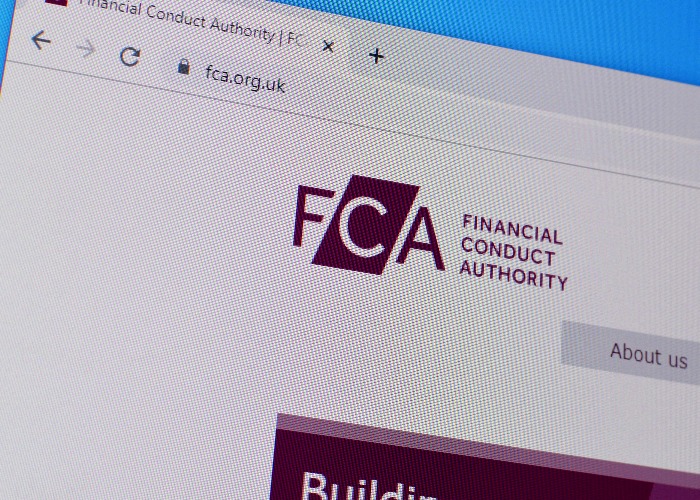Insurers told to offer refunds to those not getting ‘value’ from policies

The regulator has told firms to re-evaluate whether their customers are getting value for money and respond accordingly. Just don't expect a refund on your car insurance...
If you’re a little worried about your financial situation at the moment, you certainly aren’t alone.
But there’s some potentially good news in that new guidance from the financial regulator has opened up the prospect of insurers handing premium refunds back to customers who have policies that aren’t providing full value at the moment as a result of the ongoing situation with Coronavirus.
Companies supporting Coronavirus relief efforts
Are you getting value for money?
The Financial Conduct Authority has published ‘guidance’ for insurance firms, pushing them to consider whether customers are currently getting value from their policies in the light of the current circumstances.
Effectively insurers are being told to work out whether factors like the lockdown mean that people aren’t enjoying the sort of service from their insurance policy that they would have in the pre-Covid times.
The FCA gives a couple of examples of the sorts of policies where it wants insurers to take a close look at the value of their products currently.
Namely products where benefits cannot be provided, such as boiler services due to lockdown measure, or where there has been a “fundamental change” in risk meaning products now provide little utility to policyholders, such as public liability insurance for closed businesses.
If an insurer reviews its products and finds that perhaps customers aren’t getting precisely what they paid for, then the FCA has told them they need to take action within the next six months.
This action could include changing how benefits are delivered, refunding some premiums or even suspending monthly payments altogether for a set period.
Companies that have changed what they make to help out during the pandemic
What about car insurance?

It’s notable that the FCA makes clear that this guidance should not “create an expectation” that insurers will reassess the value of insurance products where customers still enjoy some level of protection, but where the chance of them needing to make a claim has fallen.
The obvious example here is car insurance. The reality is that with such sharp falls in the numbers of cars on the road, insurers know full well that they are less likely to receive claims for shunts, bumps and any other form of collision.
However, as the FCA argues, these policies still “provide utility” ‒ just because you aren’t driving your car as much doesn’t mean it’s any less likely to be stolen or set alight, for example.
This is a particularly interesting distinction when you consider that a couple of car insurers have taken a different approach, publicly acknowledging that they are likely to benefit from the lockdown measures and acting by providing customers with a refund.
Admiral was the first, sending out £25 refunds automatically to all car insurance customers, irrespective of the level of cover they have.
This was then followed by LV= which has put aside money to provide refunds of between £25 and £50 for certain customers, who contact the firm and can explain how they have been financially hit by Coronavirus.
Now whether this really goes far enough, and reflects just how much these businesses are saving as a result of the reduced activity on the roads, is open to debate.
But at the bare minimum, these insurers have recognised their fortunate position and are at least giving some of their customers a bit of a helping hand.
I had fully expected others to follow Admiral’s lead, simply because it makes for good PR, never mind the moral argument.
It’s striking that, other than LV= no-one has, and that now the FCA is openly clarifying that this guidance doesn’t apply to car insurers.
Can I get a payment holiday?
While the FCA has opted against pushing certain insurers towards offering some form of refund, it’s worth remembering there is still the option of a payment holiday if you are struggling with your premium payments.
A separate intervention from the regulator last month saw the FCA order insurers to offer three month payment holidays to affected policyholders while keeping the cover in place.
This applies to a wide form of insurance policies, from car and home to life insurance and income protection.
In addition, the insurers have to review whether the policies really meet the customer’s needs and circumstances, and if necessary move them to a new, cheaper package, as well as waive (or at least reduce) certain fees and charges.
Clearly, if you have any concerns about your insurance and meeting the cost of your premiums, it’s worth having a chat with your insurer.
Comments
Be the first to comment
Do you want to comment on this article? You need to be signed in for this feature